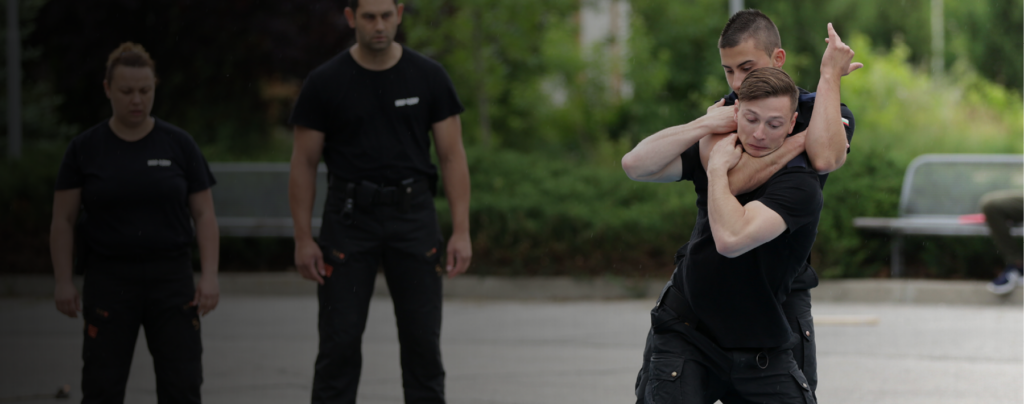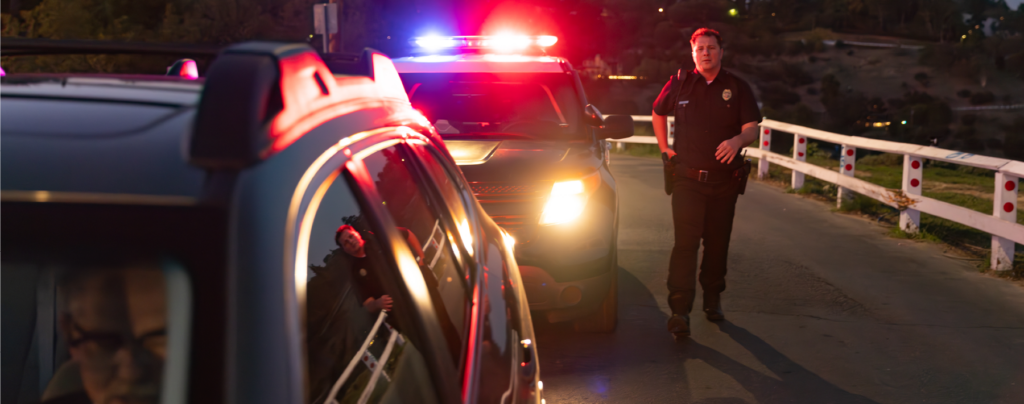United States v. Walker, 2025 WL 1982305 (7th Cir. 2025)
In St. Clair County, Illinois, Richard Walker was on probation and required to wear an ankle monitor. He removed the monitor, triggering a response by the U.S. Marshals Great Lakes Regional Fugitive Task Force. Officers from multiple agencies arrived at the residence of Laverne Shipp, his girlfriend Ramona Paulette’s mother.
At the Shipp residence, the door was answered by Richard Walker Jr., the probationer’s son. Though Walker Jr. told officers he was unsure who was at the house, the door opened again and Walker walked outside, where he was immediately arrested.
The officers conducted a protective sweep of the residence. When an officer lifted the mattress in Walker Jr.’s bedroom, he found a loaded gun, which was photographed and then seized as evidence.
Paulette and Shipp arrived while the officers were still there. Shipp consented to another search of the home. During the second search officers found fentanyl, empty pill capsules, a pill press, a pipe, scales and Walker’s credit card near a pile of men’s clothing in Paulette’s bedroom.
Walker was indicted for being a felon in possession of a firearm and possession of fentanyl with intent to distribute. Walker asked the trial court to suppress the evidence, arguing the searches violated the Fourth Amendment. The trial court denied his motion, ruling the protective sweep and the subsequent search were lawful. Walker appealed.
Timely legal analysis on law enforcement-related cases: SUBSCRIBE NOW!
The appellate court first considered whether Walker had standing to challenge the protective sweep that resulted in officers lifting the mattress in his son’s bedroom. Walker was a frequent overnight guest in Shipp’s home, and such a guest usually has standing to challenge this type of search. However, Walker had been ordered by a court to live at his mother’s house. The prosecution argued Walker could not legally challenge a search of a residence where he was living unlawfully. In this case, though, the court noted Walker was a welcome guest who spent most nights at the Shipp residence. According to the court, this gave him a legitimate expectation of privacy in that residence.
The court next examined the initial search, the protective sweep. Incident to an arrest at a residence, officers may generally conduct a protective sweep of the immediate area and “without probable cause or reasonable suspicion, look in closets and other spaces immediately adjoining the place of arrest from which an attack could be immediately launched” (Maryland v. Buie, 494 U.S. 334 (1990)). Walker argued the protective sweep was unreasonably broad when the officers lifted the mattress. He asserted no reasonable officer would have believed “a dangerous assailant was hiding underneath the mattress in a hollowed-out box spring waiting to launch an attack.”
The court agreed, holding that lifting the mattress was not part of a legitimate protective sweep. If searchers had some reason to believe someone was hiding between the bed and box spring, it may have been permissible. But in this case, that crucial element was lacking.
This case serves as an effective reminder that the protective sweep doctrine limits a warrantless search to those areas where a dangerous person may be lying in wait to harm officers at an arrest scene.
The court also held the attenuation and good faith exceptions to the exclusionary rule did not apply in this case. The court of appeals reversed the trial court’s denial of Walker’s suppression motion, sending the case back to the trial court to determine whether the inevitable discovery exception could apply to justify the seizure of the gun and other evidence and to reassess whether Shipp’s consent to the second search was fatally tainted by the improper protective sweep.
This case serves as an effective reminder that the protective sweep doctrine limits a warrantless search to those areas where a dangerous person may be lying in wait to harm officers at an arrest scene.




